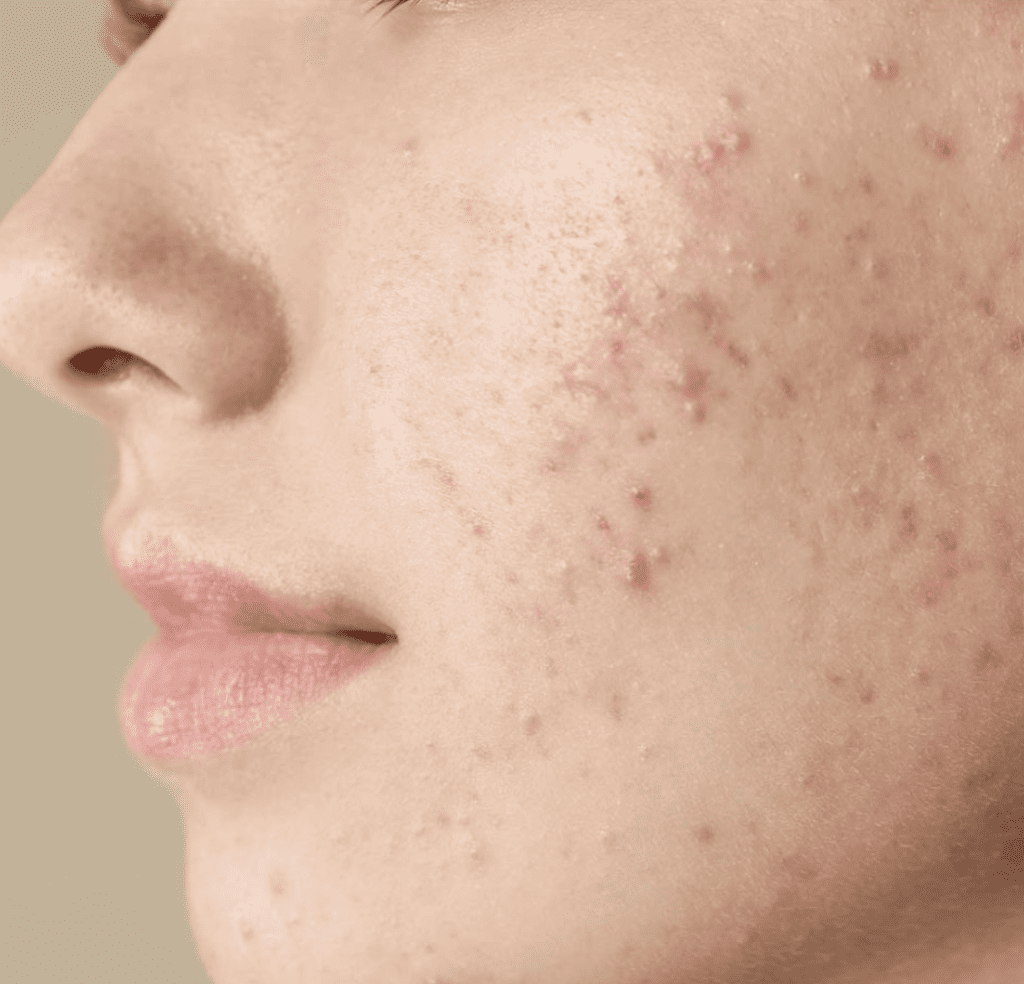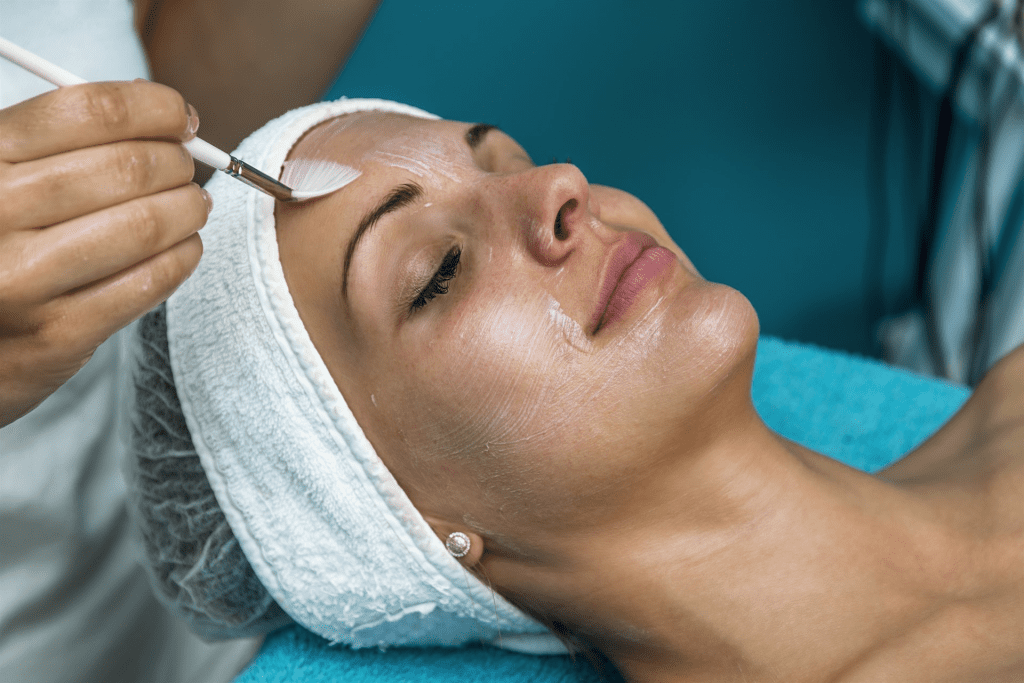Acne—a seemingly harmless skin condition—has the potential to wreak havoc on your self-confidence, leaving behind more than just blemishes. If you’ve ever tried to fix it on your own, chances are, you’ve learned the hard way that some things are best left to professionals. Like so many others, you might have dabbled with over-the-counter treatments, homemade remedies, or quick-fix solutions that promised clear skin. Yet, despite all your efforts, your acne persisted. It’s time to face the truth: leaving acne untreated or relying on DIY treatments can often make things worse. Here’s the real scoop on what you should do instead, and trust me, you’ll wish you knew this sooner.
Why Self-Treating Acne Can Backfire

The internet is filled with a sea of acne solutions, and it’s tempting to try every new product or homemade remedy. Unfortunately, this approach can actually do more harm than good. Acne isn’t one-size-fits-all, and treating it incorrectly could lead to lasting damage, such as scarring or worsening inflammation. Before you grab that latest miracle cream or try that DIY scrub, let’s explore why it’s so essential to seek expert advice.
The Dangers of Over-the-Counter Treatments
Many over-the-counter (OTC) treatments are marketed as miracle cures for acne. However, these products often contain harsh ingredients like benzoyl peroxide and salicylic acid, which, when used improperly, can dry out your skin or cause irritation. Instead of providing the relief you seek, they may aggravate your acne, leading to more breakouts. Worse yet, these treatments don’t address the root cause of your acne and are likely not customized to your skin type.
That’s why leaving your skin care to the professionals makes all the difference.
Why You Should Consult a Dermatologist
If you’re serious about getting rid of acne for good, the first and most crucial step is consulting a board-certified dermatologist. A dermatologist can accurately diagnose the type of acne you have—whether it’s hormonal, cystic, or caused by other factors—and provide a treatment plan tailored to your specific skin needs. This professional insight is essential to avoid misdiagnosis and ineffective treatments.
Think of it like fixing a car. If you don’t know what’s wrong under the hood, how can you fix the problem? Similarly, without proper guidance, you could be treating your acne blindly, making it even worse over time.
Customized Skincare Routine: The Key to Clear Skin
One of the biggest benefits of seeing a dermatologist is that they’ll create a personalized skincare routine for you. No more guessing which products to use or whether they’ll make your skin worse. Your dermatologist can recommend gentle yet effective cleansers, moisturizers, and treatments designed specifically for your skin type and acne severity. Prescription-strength treatments like retinoids, antibiotics, or hormone-based therapies may also be part of your plan to help combat stubborn acne.
Following a routine that’s tailored to your skin means you’ll see faster, more noticeable results. More importantly, you’ll prevent the cycle of breakouts that comes from experimenting with random products.
Avoid the Pitfalls of DIY and Home Remedies

We’ve all heard about those “miracle” home remedies—using toothpaste on pimples, applying lemon juice, or scrubbing your face with baking soda. While these may seem like easy, cost-effective fixes, they can actually cause more harm than good. The skin on your face is sensitive, and harsh treatments can disrupt its natural balance, leading to irritation, redness, and even permanent damage.
For example, applying lemon juice directly to the skin can lead to chemical burns, while abrasive ingredients like baking soda can destroy the skin’s natural barrier. It’s critical to remember that just because something is “natural” doesn’t mean it’s safe for your skin. In fact, many home remedies can backfire and make your acne harder to treat in the long run.
Professional Acne Treatments You Should Consider
If topical treatments aren’t delivering the results you need, don’t lose hope. Dermatologists have access to advanced, professional-grade acne treatments that can clear up your skin in ways OTC products never could.
Some of these treatments include:
1. Chemical Peels:
A professional chemical peel can help remove dead skin cells, unclog pores, and reveal smoother, clearer skin. Unlike DIY versions, these treatments are done in a controlled environment to ensure safety and effectiveness.

2. Laser Therapy:
Laser treatments target the bacteria that cause acne and can reduce inflammation and redness. They’re particularly effective for treating stubborn cystic acne.
3. Microneedling:
This treatment stimulates collagen production, which not only helps heal acne scars but can also improve the texture and appearance of your skin.
4. Prescription Medications:
Dermatologists can prescribe oral medications like antibiotics or hormonal treatments, such as birth control pills or spironolactone, to address the underlying causes of your acne.
By choosing one of these advanced treatments, you’re far more likely to achieve lasting results compared to the temporary relief you might get from self-treating.
Monitoring Progress: The Importance of Follow-Ups

Acne treatments are not an overnight fix. It’s important to have regular check-ins with your dermatologist to monitor your progress and make any necessary adjustments. These follow-ups ensure that your treatment plan is working effectively and allows for changes if your skin reacts differently than expected. This level of professional monitoring is something you just can’t get from over-the-counter treatments or DIY remedies.
Patience and consistency are key here. By sticking to your dermatologist’s recommended regimen, you give yourself the best chance of achieving the clear, healthy skin you’ve always wanted.
Conclusion: Clear Skin Is Within Reach—With the Right Help
The journey to clear skin is often filled with frustrations, especially if you’ve tried to go it alone. But here’s the truth: acne is complex, and treating it isn’t as simple as grabbing the latest product off the shelf. By seeking professional help and following a personalized skincare routine, you can avoid the pitfalls of self-treatment and finally get the results you’ve been looking for.
If you’ve been struggling with acne and trying to fix it yourself, it’s time to leave that approach behind. Consulting a dermatologist could be the game-changer you’ve been waiting for. Stop wasting time and energy on treatments that don’t work—clear skin is just an appointment away. And believe me, you’ll wish you had made that call sooner.


